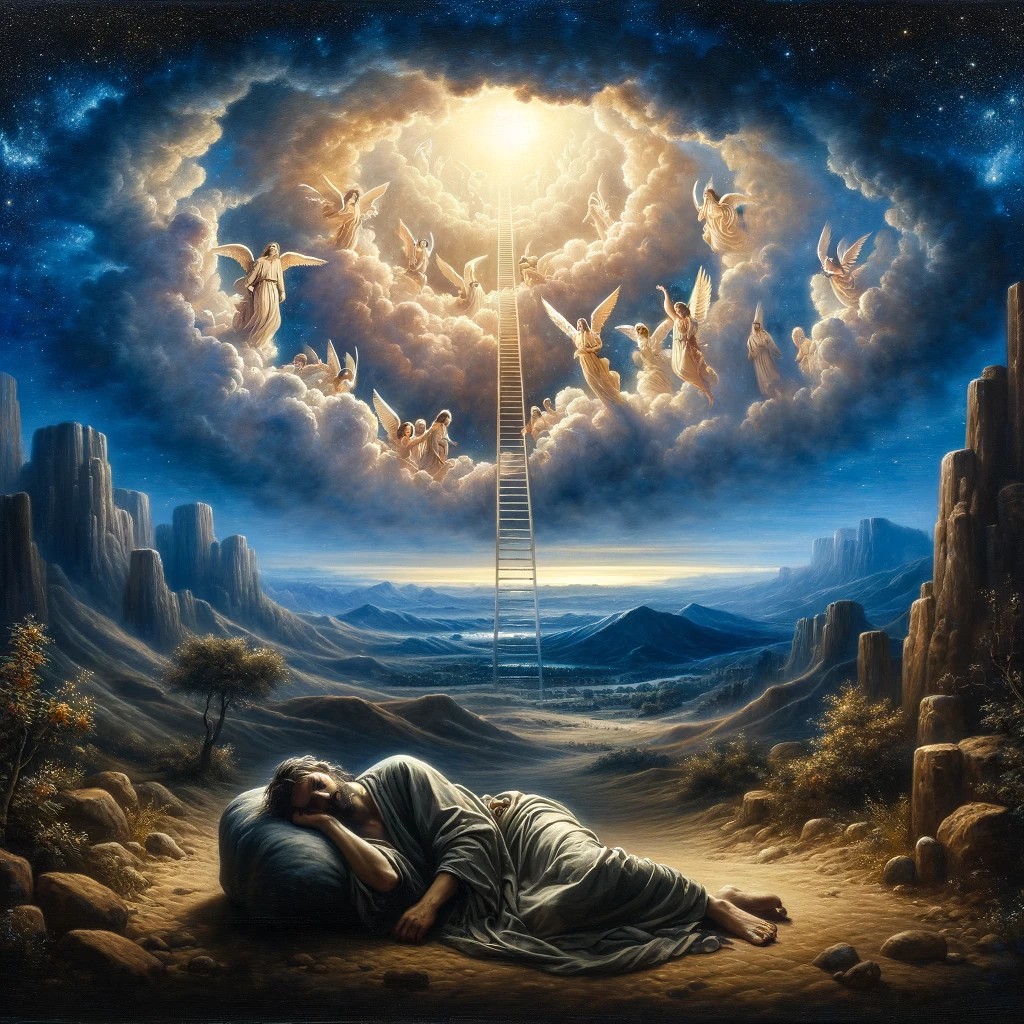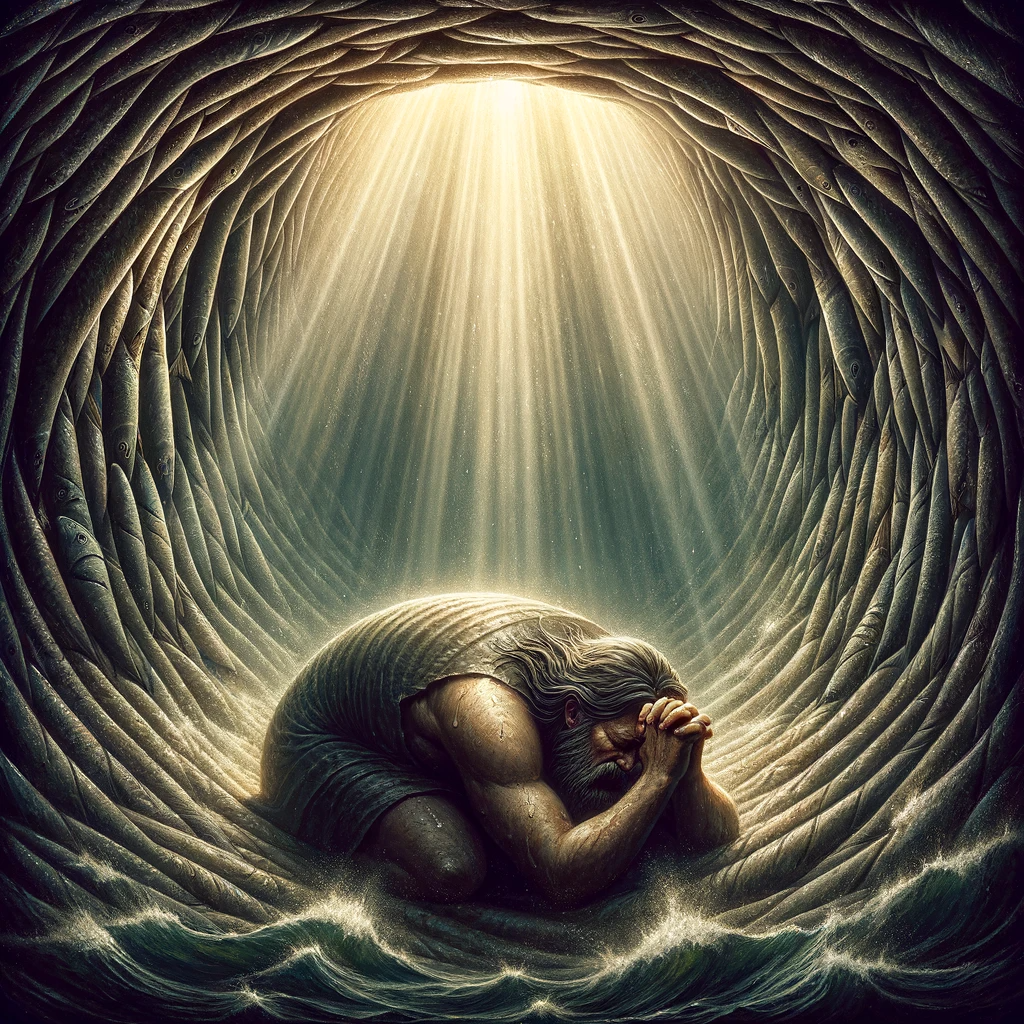“But, beloved, do not forget this one thing, that with the Lord one day is as a thousand years, and a thousand years as one day.” – 2 Peter 3:8 NKJV
Introduction:
As we walk our faith journey, we often feel the need to hurry, aiming to quickly grasp God’s teachings. Yet, 2 Peter 3:8 gently reminds us that God’s understanding of time is vastly different from ours, offering us limitless wisdom in a single day.
Key Point Summary:
– Our eagerness in spiritual learning contrasts with God’s concept of time.
– A day with God can be as rich in wisdom as a thousand years.
– Learning to wait on God’s timing can deepen our spiritual understanding.
Devotional Story:
Rebekah, eager to grow in her faith, felt rushed and overwhelmed. Discovering the truth in 2 Peter 3:8, she realized that time with God is not to be hurried. Each day spent in His presence could unfold wisdom far beyond human expectation.
Contextual Insight:
In God’s realm, time is not linear but expansive. This means that a single day spent in devotion and prayer can open us up to an understanding that might otherwise take years to achieve.
Personal Reflection:
Do you sometimes rush through your spiritual practices? How might understanding God’s view of time change the way you approach your faith?
Practical Application:
– Dedicate time each day for quiet prayer, letting God’s wisdom reveal itself.
– Be patient with your spiritual journey, embracing each step with faith.
– Reflect on Biblical teachings about God’s eternal nature and wisdom.
Prayer:
Lord, in my journey to know You better, remind me that Your wisdom transcends time. Teach me to cherish each moment spent with You, knowing it holds the potential for boundless understanding. Amen.
Conclusion:
Rebekah’s experience teaches us that in God’s presence, our perception of time shifts, allowing us to absorb His wisdom at a pace that enriches our soul.
Further Reading:
– Psalm 31:15
– Isaiah 40:31
– Proverbs 8:34-35
Faith Notes:
– In God’s timing, every moment is an opportunity for spiritual growth and wisdom. Unlike our day-to-day life where time is measured and limited, in God’s presence, time becomes a gateway to endless learning and understanding. Patience in our spiritual life not only brings peace but also opens us to insights that might take much longer to comprehend in our regular sense of time.
Reader Participation:
Has patience ever deepened your faith with unexpected wisdom? Tell us how waiting on God has enriched your spiritual journey.
“But those who wait on the Lord shall renew their strength; they shall mount up with wings like eagles, they shall run and not be weary, they shall walk and not faint.” – Isaiah 40:31(NKJV)









